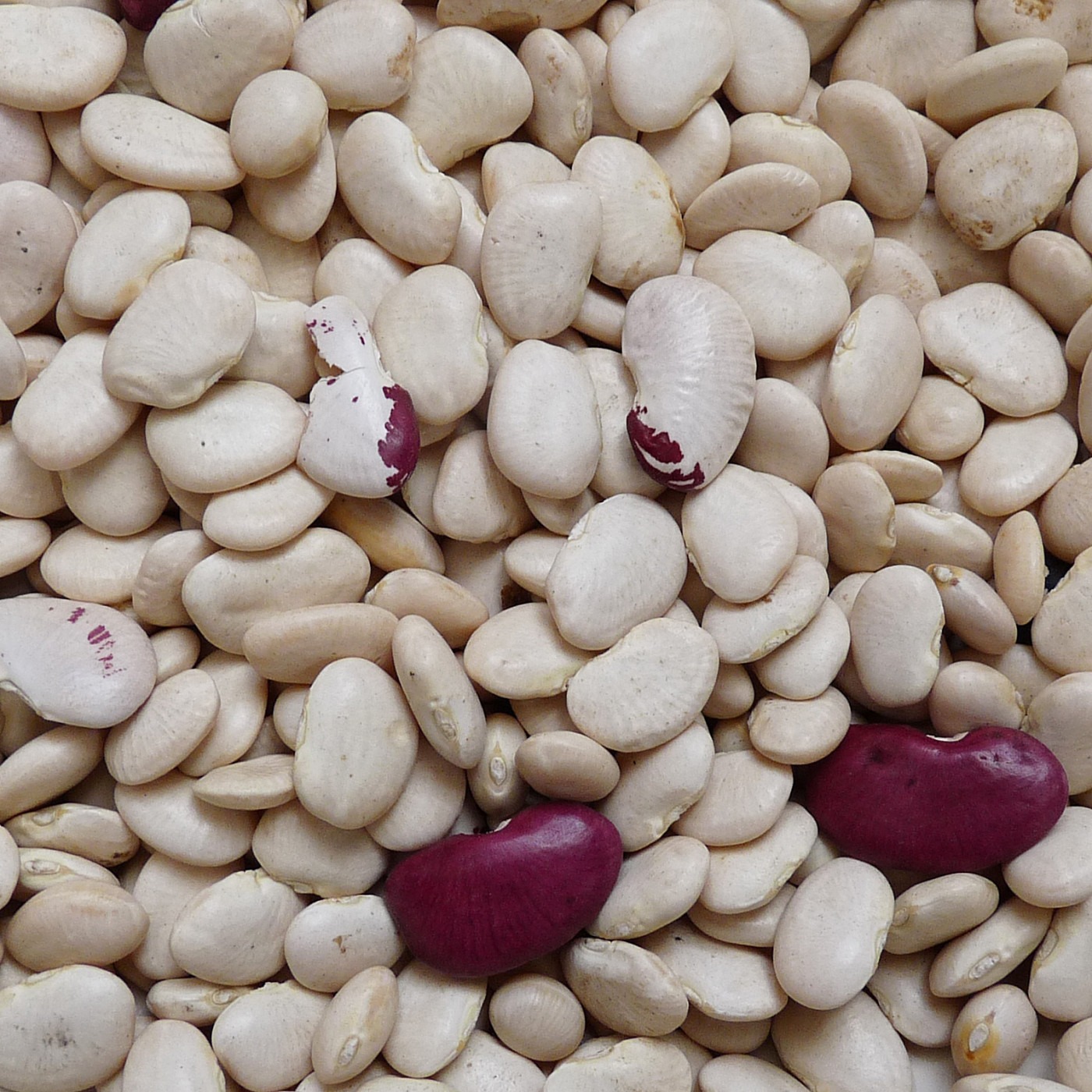Warwick researchers produce first batch of British-grown baked beans
The first batch of British-grown baked beans has been canned following a breakthrough by scientists at the University of Warwick.
Most baked beans are made from haricot beans. In 2011, the Warwick Crop Centre started to develop new varieties of haricot beans, including Capulet beans: the first domestically-grown ones that can be used as baked beans.
Haricot beans have been predominantly imported from South America because of the specific climate and soil requirements needed for their successful cultivation.
The Warwick Crop Centre aims to reduce British reliance on imports, reduce Britain’s carbon footprint, and encourage a more plant-based diet by developing home-grown beans.
The Centre has trialed the new agricultural technology with several farms across England since 2019, and the first commercial crop of Capulet beans was harvested at a farm in Lincolnshire in June this year.
It’s absolutely fantastic to be the farmer that’s grown these beans. To see them go through the line and into a tin … is unreal
Andy Ward, Lincolnshire farmer
They have now been canned at the Princes factory in Spalding, Lincolnshire.
Lincolnshire farmer Andy Ward, who grows the beans, said: “It’s absolutely fantastic to be the farmer that’s grown these beans.
“To see them go through the line and into a tin – soon to be on a piece of toast, is unreal.”
Professor Eric Holub, the plant genetics expert from Warwick’s School of Life Sciences leading the project, said: “We went to the Princes factory to see how well the Capulet beans ‘can’ and they’ve done a marvellous job.”
He added: “British-grown beans can help us shift our diets to a healthier future, adding to UK ingredients, and supplying the growing trend of flexitarian diets, with new markets such as Brit-Mediterranean and Brex-Mexican style food.”
A statement released by the University of Warwick hailed the progress as a “significant step towards sustainable, UK-sourced food options”, with the University’s mission being to tackle global food security challenges by leading advancement in agricultural technology.
Most of this year’s harvest will be used as seeds for next season’s planting to increase stocks to a commercial level.
The canning was a test run, and the beans will not be available in supermarkets yet.
Professor Holub told The Times that a small amount of the beans will be sold at outlets of The Zero Store in Stratford and Leamington from next February, but in a dry form to be soaked and cooked at home.

Comments